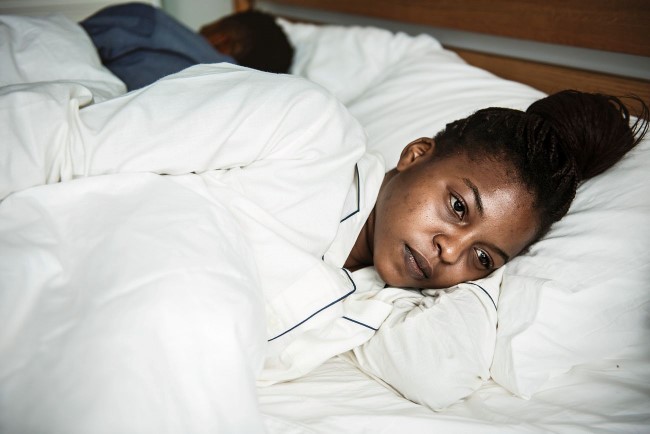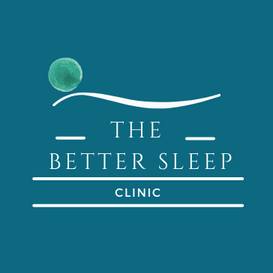Rebuilding the link between the bed and sleep
This is the third in a series of articles by Dr David Garley from the Better Sleep Clinic exploring why parents often struggle to get back to a healthy sleeping routine after having children.
In this post, we will look at the link between the bed and sleep.
You might have heard the story about Pavlov’s dogs. This man, Pavlov, used to feed his dogs at the exact same time each day, which happened to be the same time that church bells would ring. One day he was late arriving to feed his dogs, but noticed when he got there that they were already salivating. Even though he wasn’t there with the food, the church bells still rang which his dogs associated with feeding, so they reacted similarly.
It’s the same link with sleep that gets broken in insomnia.
In health, when we get into bed our minds and bodies associate this with sleep. We start to feel drowsy and when our heads hit the pillow, we should nod off in just a few minutes. This is how it is meant to happen.
If, through the experience of having a child not sleeping, you have spent so much time in bed worrying about your child, fearing they will have another bad night, or lying and waiting for them to cry – then this is what the bed will have come to mean for you, rather than sleep.
The bed will trigger stress and worry – which we know from the earlier article, has a fantastic ability to stop you from sleeping.
This is exactly why many people find they can fall asleep in front of the TV, but as soon as you get into bed – you’re wide awake.
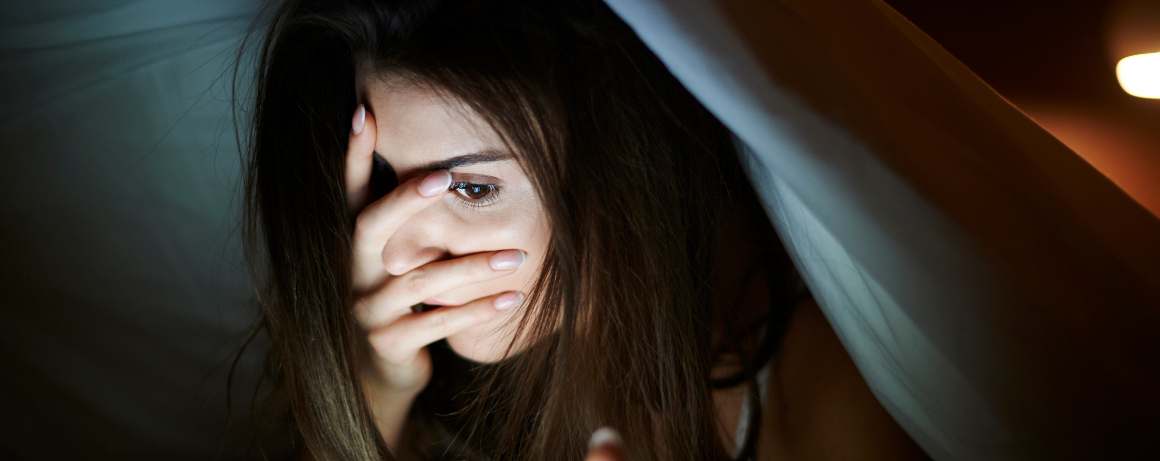
How to rebuild the link between bed and sleep
The good news is that this link can be rebuilt – by only using the bed for sleep. There are four key points.
- Only use the bed for sleep. Activities associated with wake should take place out of the bed. This means not using the bed to relax on during the day for reading or watching TV. Try to find somewhere else in your house for these other activities. The exception to this is sex.
- Only go to bed when you’re actually sleepy. If you go to bed when you aren’t sleepy, you are unlikely to sleep. Feel empowered to watch an extra Netflix episode, or another chapter of a book until your eyelids feel heavy. Then go to bed.
- If it’s not working, don’t force it. If, when you head to bed you find you cannot sleep, then stop trying. This sometimes feels quite jarring – ‘if I leave bed, how am I going to fall asleep?’. But if you lie in bed tossing and turning for hours on end, you will weaken the link between the bed meaning sleep, and likely get very annoyed in the process, threat will it self-make sleep very hard to come by.
A rough amount of time to try and fall asleep is around the 15-20 minute mark. It’s not exact, but if you feel that roughly this amount of time has elapsed, then get out of bed, leave the bedroom and sit in a comfortable chair in another room. Find a relaxing and distracting activity, such as reading, or listening to an audiobook and wait for the urge to sleep to naturally return.
The same approach should be used if you wake up in the night. It happens to us all – either we need a pee, or we hear a noise, or sometimes there’s no good reason at all. But don’t lie there getting irritated – get up, go for a sit downstairs (don’t do anything purposeful, like getting ahead on household chores) and give yourself a break.
It’s worth thinking about the practicalities of finding somewhere to go and relax if you wake up overnight and can’t get back to sleep. Do you have a favourite chair elsewhere in the house it would be good to sit in? Is it going to be cold? If so, have a dressing gown or slippers near your bedside so you can put them on without trying to find them in the dark. What are you going to do while sat in this comfortable chair? Read? Knit?! Make sure all the things you need are there already. How are you going to see it? Maybe a dim light with warm tones would be best. The idea is to make your midnight retreat as welcoming as possible, so you almost look forward to the idea of going there.
- Lastly, in the morning when your alarm goes off, get up as soon as you can. Try to avoid continually hitting snooze, or loitering in bed. You might think that after a bad night’s sleep that the extra few minutes will do you good. The quality of sleep you get between snoozes is not great, and will only serve to weaken the association of the bed with quality sleep.
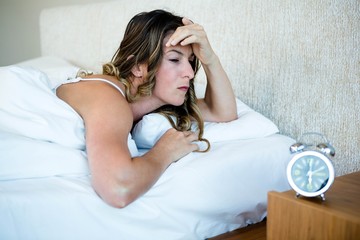
This process takes time, but persevere! Remember, every time you leave the bed when you feel wakeful, you strengthen the link between the bed meaning sleep.
If you feel you need more help with your sleep then consider booking in with an adult sleep clinic. The most effective treatment for these sleep problems is cognitive behavioural therapy for insomnia, which The Better Sleep Clinic offers via online video sessions.
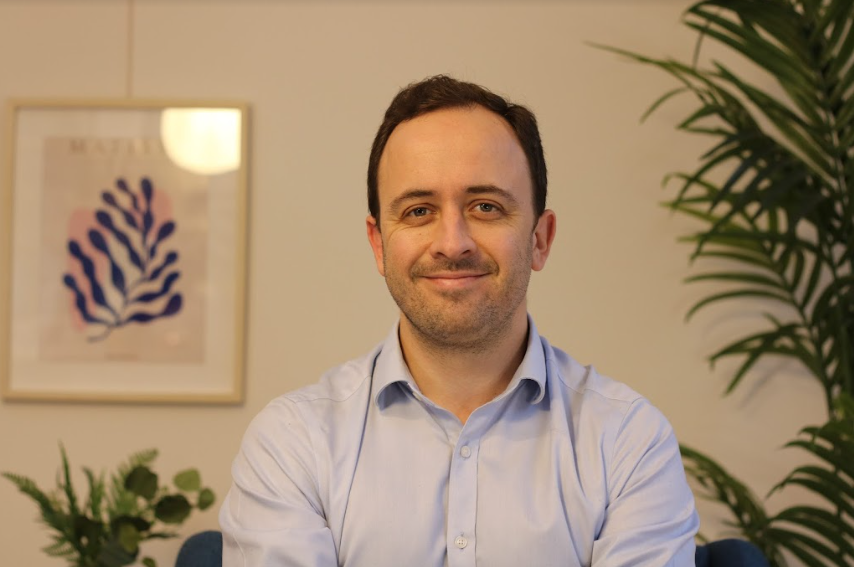
Written by Dr David Garley from the Better Sleep Clinic
To find out more visit www.thebettersleepclinic.co.uk
Information from the NHS on sleep problems
